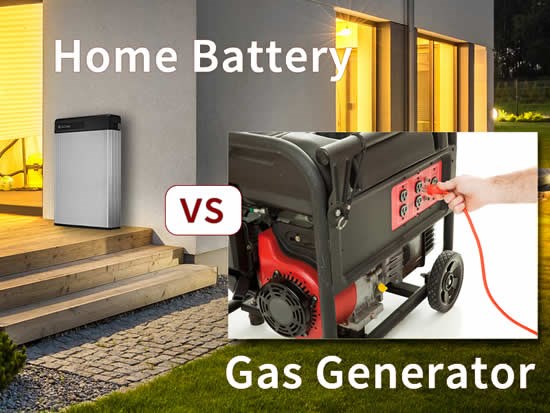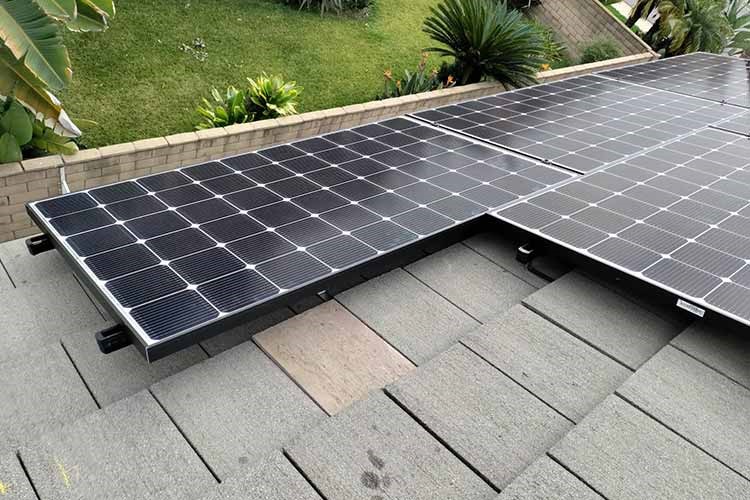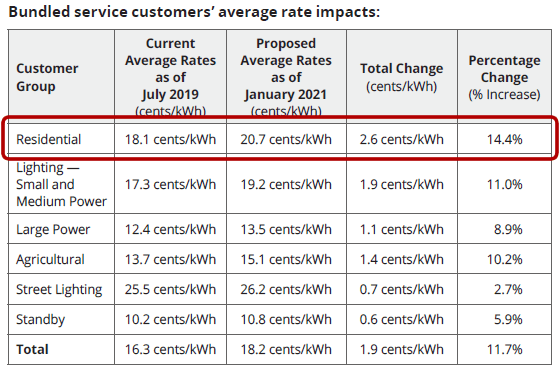
Home Backup Power for Utility Planned Blackouts
The Public Safety Power Shutoffs are real and now over a million Californians have already experienced multi-day, widespread power outages. You rely on having power to your refrigerators, Wi-Fi, home business, medical devices, lights, etc. So you need a source of backup power in place before the grid goes down unexpectedly.
But what is the best choice to backup your home? Read on as we compare two popular options: the home battery and the gasoline powered generator.
The Bottom Line Upfront
The home battery is the superior choice as an alternate power source for multi-day utility planned power outages. The reasons are all explained below why the home battery is better than a gas generator when we compare reliability, lifetime cost of ownership, price, ease-of-use, installation, safety and comfortability.
Reliability of the Home Battery Compared to Gas Generators
Reliability may be the most important factor in a backup system. If your backup system isn’t immediately available or unexpectedly malfunctions when you need it the most, then what good is it?

Instantaneous and Always Ready
Gas generators need to be manually turned on. And, like all gasoline engines, they need to be run periodically to keep the parts lubricated, fuel lines clear and filters replaced. On the other hand, a home battery instantly and automatically turns on during an outage – and you don’t have to be home to keep your home powered. You know that your home battery is always functioning because you can check it in your system’s monitoring app.
Warranties
Gas generators usually come with warranties up to 3 years. The LG Home Battery comes with a 10 year warranty with an expectation to last at least 20 years.
Price Comparison
Gas generators have a lower price tag than home batteries. But in the long run, a home battery can have an equal or lower overall lifetime cost than a generator due to the following factors:
Maintenance
Generators require regular maintenance, just like your car’s engine, to reliably work when you need it. So there are filter, oil and service costs over the long term. Home batteries are designed to be maintenance-free.

Fuel
Home batteries are kept at full charge daily from the sun’s free energy produced by your solar panels. Gasoline comes at a price to fuel the generator. Gas also needs to be replaced every 6 months or so when stored because gas breaks down over time. In the event of a wide-spread utility shutoff, your local gas stations may also be down so getting gas on a daily basis to keep you powered for days may be difficult.
Incentives
Generators don’t qualify for any tax credits or rebates. Installing a home battery powered by solar qualifies you for getting a 26% to 30% federal tax credit on the cost of the battery. If you live in California and install the LG Home Battery you can apply for a rebate of up to $2, 450 from the state.
Ease-of-Use
Using a Gas Generator
Gas generators must first be picked up or wheeled (they can be very heavy) and then placed outside to run. A quality extension cord is used to bring the power to where you need it. So a door or window may need to be slightly propped open to bring the extension cord into the house. If you are powering your microwave and fridge you’ll have to run extension cords plugged into a power strip to power them.
Gas generators can run anywhere from 4 to 12 hours on a tank of gas, then you’ll need to refill it. So multi-day power outages can require a lot of work keeping the gas generator fueled.
Using a Home Battery
Your solar panels keep your home battery fully charged. In the event of a multi-day planned power outage the solar panels continue to charge your battery during the day for use anytime – day or night. Home batteries backup 3-4 circuits in your home and they turn on automatically when grid power shuts off.
Installation
Installing a Gas Generator
The typical gas generator is just used outside with an extension cord running into the house using a power strip at the end. But you can install a transfer switch on the side of your house next to the circuit breaker. Then you only need to run the extension cord into the transfer switch to give your home power. You’ll need a licensed electrician to install the transfer switch and the labor cost may be around $1500.
Installing a Home Battery
A home battery can be installed at the same time as your solar panel system is installed. You decide which circuits and appliances you want backed up and a licensed electrician completes the installation. The cost is included in the whole solar installation and the whole process is seamless and easy.

Other Key Factors
Safety
Home batteries are very safe and are installed meeting all building codes and passing utility inspections. Gas generators exhaust carbon monoxide gas, which is toxic, so they need to be run outdoors in an open area. Gas generators also require that you store gasoline safely too. Stored gasoline poses fire and poisoning risks.
Noise
Home batteries are completely silent. Gas generators are noisy and could be a nuisance to you and your neighbors.
Independence
Having a home battery coupled with solar panels gives you the ability to generate your own power and control how you want to use it. Energy independence is attained by harnessing our most abundant source of renewable energy and using it as an alternative source of power for your home.
Get Peace of Mind
Reliability, ease-of-use, safety and independence - these are the most important reasons for choosing a home backup system to survive multi-day utility power outages. Owning your own solar power plant on your roof with a battery to store your energy allows you to exercise your independence from your utility and have peace-of-mind knowing that you are protected from unexpected power shut offs. To ensure the safety and security of your home and family then you’ll want to get a free quote for a solar home battery system from a reputable solar energy company.
Tags
Subscribe to SolarMax Technology's Blog










Comments